Can You Pressure-Wash Solar Panels?
Did you know that solar panels can lose up to 30% of their efficiency if not properly maintained? Hearing those statistics can be scary, and it’s natural to wonder, “Can you pressure-wash solar panels?” With over 4.2 million solar installations in the United States as of 2024, their popularity is soaring as more homeowners recognize their environmental benefits. Solar panels are essential for reducing carbon footprints and promoting renewable energy.
As the experts in all things pressure washing here at Geek Window Cleaning, we will explain why pressure washing solar panels is not a good idea, the potential damage pressure washing solar panels can cause, and the best alternatives for keeping your panels clean. Additionally, we will highlight which areas of your home are ideal for pressure washing to maintain their appearance and functionality.
Parts of a Solar Panel
Before exploring the question, “Can you pressure-wash solar panels?” it is first important to understand the basic parts of a solar panel.
Solar panels, also known as photovoltaic (PV) panels, are made up of several key components that work together to convert sunlight into electricity.
1. Photovoltaic (PV) Cells
- Function: PV cells are the core component of a solar panel and convert sunlight into electrical energy.
- Material: Most PV cells are made from silicon, a semiconductor material. There are two main types of silicon cells: monocrystalline and polycrystalline.
- Operation: When sunlight hits the PV cells, it excites electrons in the silicon, creating an electric current.
2. Glass Layer
- Function: Protects the PV cells from the elements (rain, snow, hail, etc.) and allows sunlight to pass through with minimal reflection.
- Material: Tempered glass is commonly used for its durability and strength.
3. Encapsulant
- Function: A protective layer that encapsulates the PV cells, preventing moisture and dirt from entering while providing mechanical support.
- Material: Ethylene vinyl acetate (EVA) is commonly used due to its excellent adhesive and protective properties.
4. Frame
- Function: Provides structural support to the solar panel and allows for easy mounting.
- Material: Usually made from aluminum for its lightweight and corrosion-resistant properties.
5. Backsheet
- Function: The layer at the back of the solar panel provides insulation and protection from environmental factors.
- Material: Typically made from a combination of polymers that offer good electrical insulation and durability.
6. Junction Box
- Function: Houses the electrical connections and bypass diodes, protecting them from environmental damage.
- Bypass Diodes: These are important for preventing power loss when part of the panel is shaded.
7. Conductors and Wiring
- Function: Connects the PV cells to the junction box and other panels in an array, enabling the flow of electricity.
- Material: Usually made of silver or copper, known for their excellent electrical conductivity.
8. Anti-Reflective Coating
- Function: Increases the efficiency of the solar panel by reducing the amount of sunlight that is reflected away from the cells.
- Material: A thin silicon nitride or titanium dioxide layer is often used.
These components work together to ensure that solar panels can efficiently convert sunlight into electrical energy while withstanding various environmental conditions.
Why You Should Not Power Wash Solar Panels
Pressure washing involves using high-pressure water jets to remove dirt, grime, and other debris from surfaces. Although this method is highly effective for many applications, pressure washing solar panels can be detrimental to them. The intense pressure can easily damage the delicate glass surface of solar panels, leading to costly repairs or replacements.
How Pressure Washing Solar Panels Can Cause Damage
Solar panels are designed to harness sunlight efficiently. However, their surfaces are not built to withstand the force exerted by a pressure washer. Here’s how pressure washing can harm your solar panels:
- Surface Damage: The high pressure can cause scratches and cracks on the panels’ glass surface, reducing their efficiency and lifespan.
- Water Ingress: Pressure washing can force water into the seals and electrical components of the panels, leading to short circuits and other electrical issues.
- Warranty Voids: Many solar panel manufacturers void warranties if improper cleaning methods, such as pressure washing, cause damage.
Instead of pressure washing solar panels, you should clean them with gentle methods, such as a soft brush and soapy water, to ensure their longevity and optimal performance.
What Should You Pressure Wash?
While it might not be a good idea to power wash solar panels, there are many other areas around your home where this method is highly effective. Geek Window Cleaning specializes in pressure washing various exterior surfaces to maintain your property’s appearance and safety. Here are some surfaces you should consider for pressure washing:
House Siding
House siding accumulates dirt, mold, and algae over time, diminishing your home’s curb appeal. Pressure washing removes these contaminants, restoring your siding’s original look and preventing potential damage from mold growth.
Decks
Decks are prone to dirt, mildew, and algae, especially in humid climates. Pressure washing your deck not only improves its appearance but also ensures a safe, slip-free surface for your family and guests.
Driveways
Your driveway is one of the first things people notice about your home. Using a power washer for the driveway removes oil stains, tire marks, and other residues, enhancing your home’s overall appearance and reducing slip hazards.
Gutters
Clogged gutters can lead to water damage and other issues. Pressure washing effectively clears out leaves, debris, and buildup, ensuring your gutters function correctly and protecting your home from water-related problems. It is also a great way to clean gutters without a ladder.
In conclusion, while pressure washing is a fantastic method for cleaning many exterior surfaces, it is not recommended for solar panels. If you’re considering cleaning your solar panels, opt for gentler methods to avoid damaging them. For all other pressure washing needs, trust the professionals at Geek Window Cleaning to deliver exceptional results and keep your home looking its best.
Check out our post on pressure washing before and after and our gallery to see the kind of results you can expect from pressure washing.
Conclusion: Can You Pressure Wash Solar Panels?
In conclusion, while pressure washing is an excellent method for maintaining many exterior surfaces, it is not a good idea to power wash solar panels due to the potential for significant damage. If you’ve been wondering, “Can you pressure wash solar panels?” or “Can you power wash solar panels?” the answer is no. The intense pressure can scratch and crack the panels’ delicate glass surface and force water into seals and electrical components, leading to costly repairs and voided warranties. Instead, use gentle methods, such as a soft brush and soapy water, for cleaning solar panels.
For all other pressure washing needs, from house siding and decks to driveways and gutters, trust the professionals at Geek Window Cleaning. We specialize in power washing various exterior surfaces to keep your property looking its best. If you’re looking for Pressure Washing in Austin or Pressure Washing in Houston, Geek Window Cleaning can help you make your home look brand new!
Contact Geek Window Cleaning today for all your power washing needs, and let us help maintain your home’s beauty and safety.

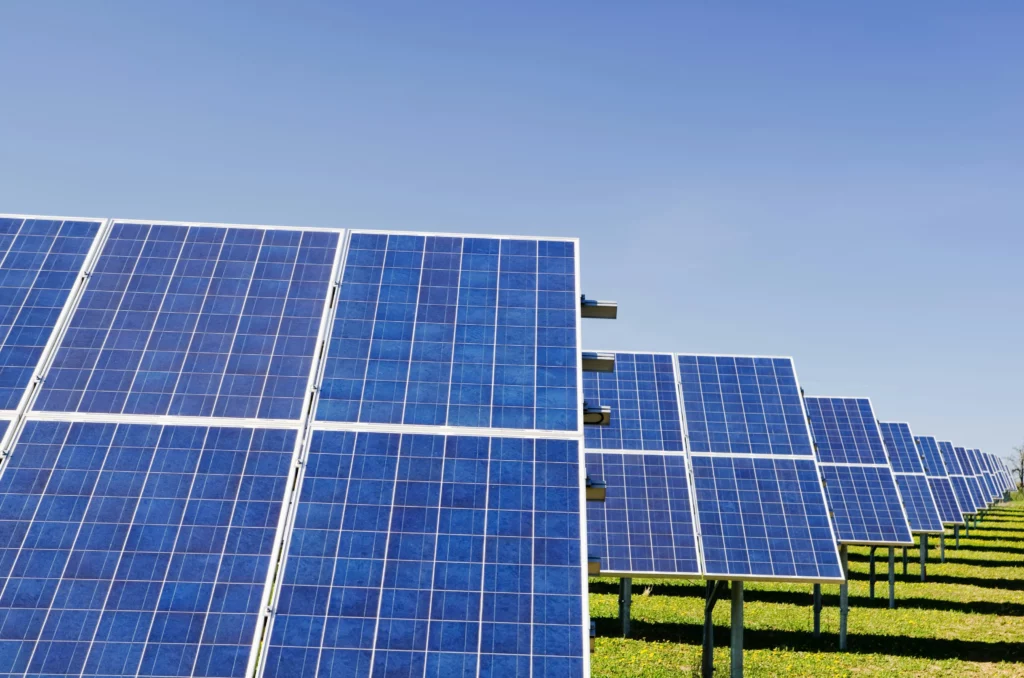
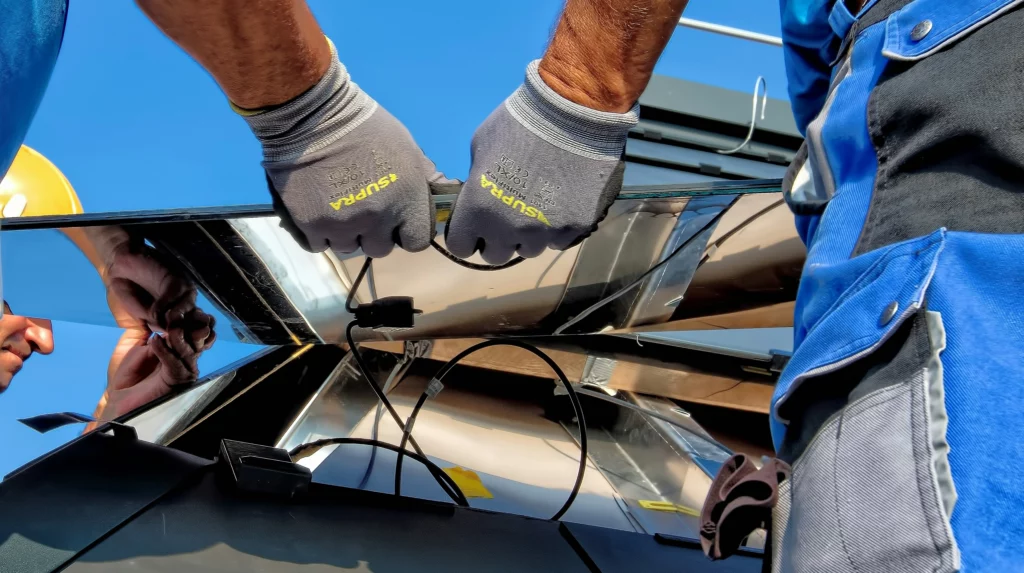
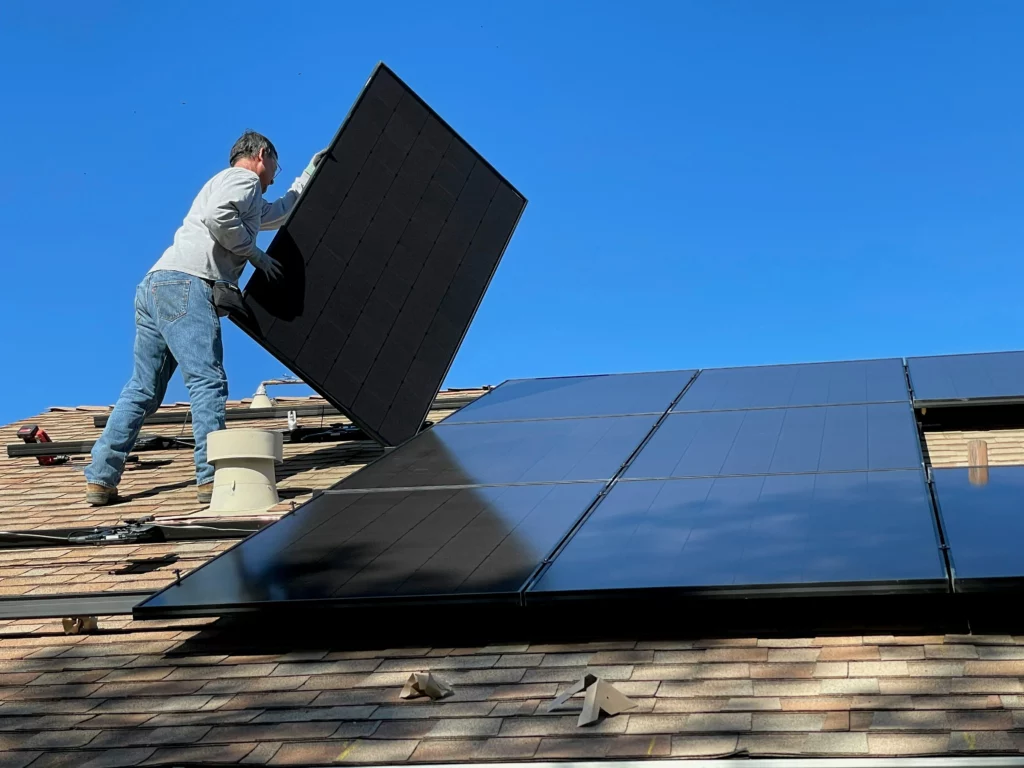
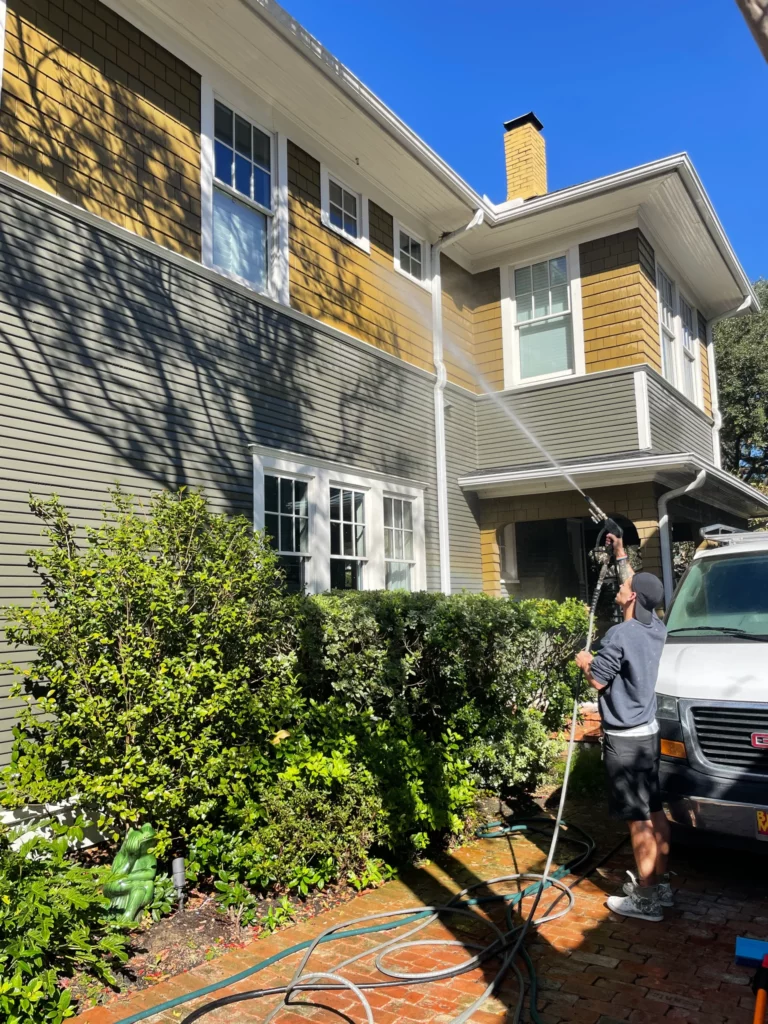
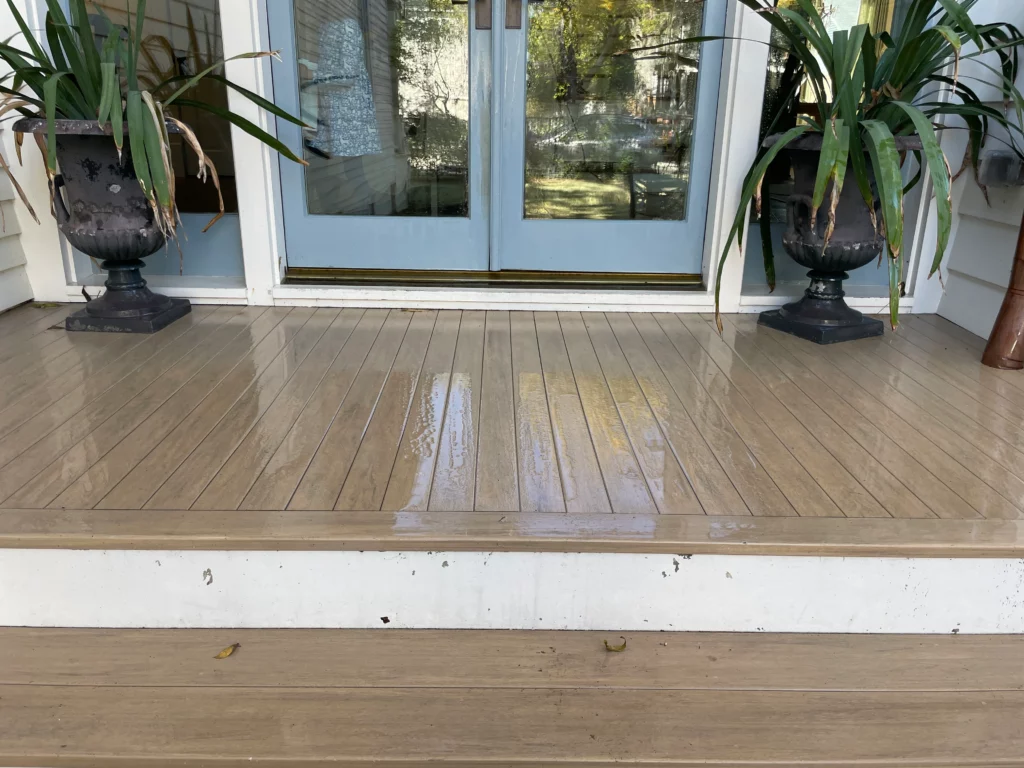
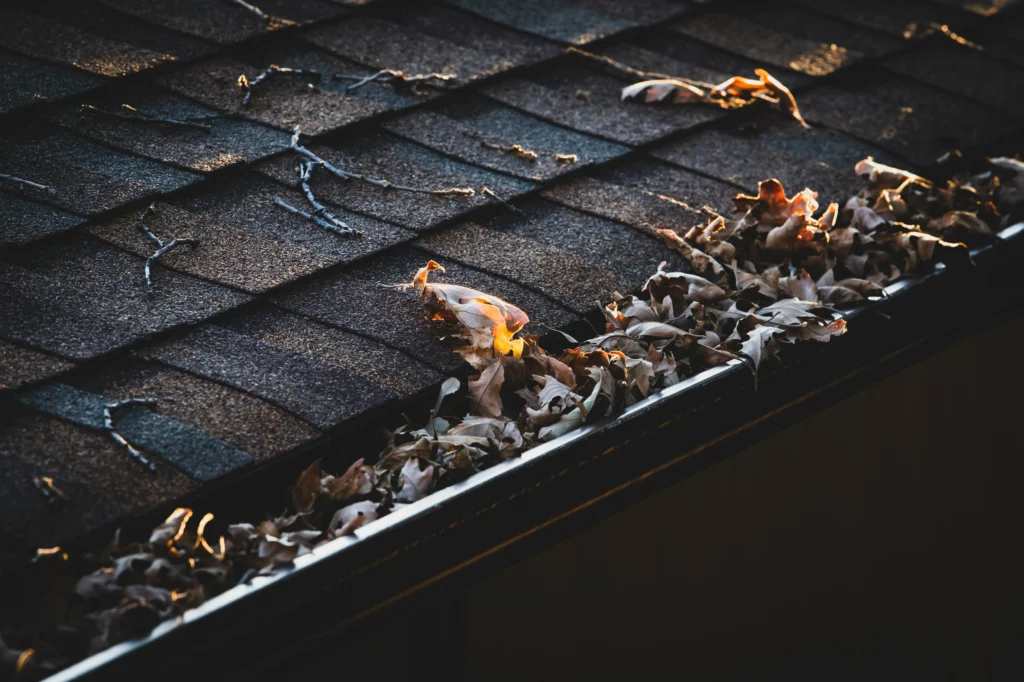
Recent Comments